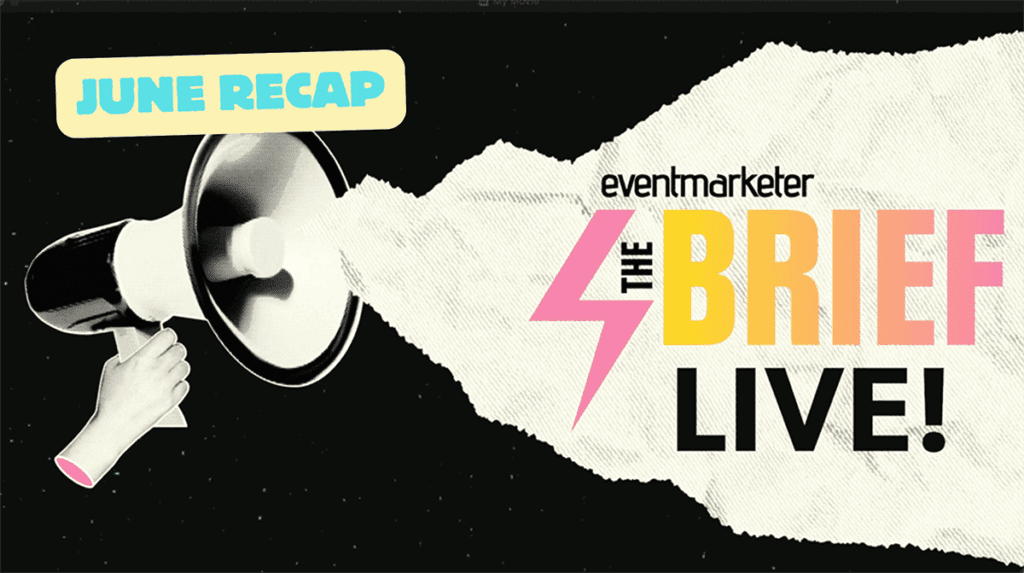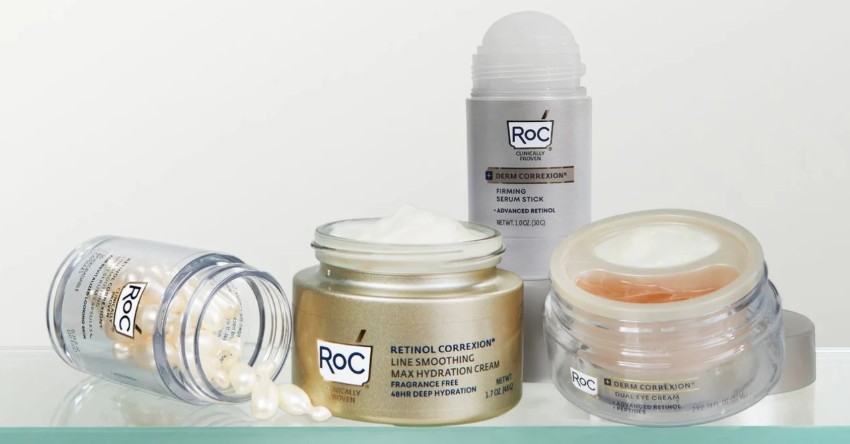There’s no question that influencer marketing is now an effective marketing and media channel for brands.
In fact, marketers garner 11x higher ROI from influencer marketing than traditional marketing. According to the ANA, 49 percent of consumers rely on influencers for purchase recommendations and it’s clear why brand spending on influencer marketing is projected to reach $101 billion by 2020, compared to $81 billion in 2016.

With all those dollars going to influencer marketing, brand safety is a top priority.
“Influencer marketing is an effective content marketing and digital media channel, but like all digital advertising, care must be taken to ensure you are dealing with legitimate parties that can safeguard your brand’s reputation,” says Karen Koslow, CEO of Wellness Amplified.
Koslow presented recently at the “5 Keys to Successful Influencer Marketing” virtual event held by Chief Marketer. Here are four steps she outlined that marketers can take to ensure that brand safety leads to brand success.
1. Understand the players and be an informed purchaser of services.
The number of influencer marketing service provider options can be overwhelming. And, understanding what they each really offer can be daunting. There are general agencies with add-on influencer services, talent agencies offering to run your program while supplying talent, full service influencer marketing agencies, SAS platforms, third-party verification services, and, of course you can try to run it all yourself with your own in-house department.
Articles by Karen Koslow that you might enjoy:
- Create Compelling + Engaging Content with Influencers
- Fake Influencers are Grabbing Headlines: How to Hire Trustworthy Influencers
2. Ask the right questions.
The key to finding the right partner for influencer marketing is to ask the right questions For example, when asking about campaign metrics, ask if the agency is reporting actual impressions or using influencer follower count as a proxy for impressions achieved. What percentage of their program impressions are typically driven by organic versus paid? What makes this company and services different from others? What suite of services do they offer? How do they vet influencers they recommend and have they worked with these influencers before or are just pulling them from a platform search?
3. Be alert—fake followers are real.
Twitter is removing millions of fake followers from user’s lists that can dilute the success of influencer campaigns, but there are a number of signs to watch for to weed out bad apples.
• Look for unusual spikes in fans and followers. The purchasing of followers and engagements is an easy way for influencers to boost their followers and apparent effectiveness, and justify higher fees from brands.
• Some influencers have even acquired fake followers without knowing it—so they’ve been played as well.
• Others have ways of “gaming” the system (this is not fraud), such as Influencer Circles, where influencers group together to support each other through post likes and comments and attendance at each other’s Twitter parties, etc.
• Out of context comments or emojis.
• Canned or repetitive responses.
• Platforms that can get you “anybody and everybody.”
• Policing of influencers by your agency partner.
“This all means wasted brand dollars, skewed campaign results and a negative impact on the social ecosystem,” Koslow says. “Just because they have a social media account, doesn’t mean they are a quality influencer or valid voice for your brand.”
What is a brand to do?
- Consider use of a third party verification service. A few such services have launched in the wake of these concerns. Ask your influencer agency if they subscribe to any of these services.
Be sure your influencer agency/partner uses “human help” to vet influencers. Using a platform to identify influencers doesn’t guarantee they are legit. “Technology can’t do it all,” she says. - Stay on the right side of the law. Make sure you’re up to speed on FTC disclosure guidelines. This is more important than you might think.
4. Think like an influencer.
Koslow points out five things authentic influencers want you to know.
• Respect me—I’m a real person and I work hard.
• No, I don’t just work for any brand—I care what brands I work with.
• You should care about my opinion—pre-packaged messages do not equal authentic storytelling.
• I’m not just in it for the money—I prefer to be your brand champion and partner.
• My brand matters to me too—that’s why I won’t say or do just anything.
“Influencer marketing is a productive and exciting new marketing discipline that many brands are having success with. The winners are those who understand how to effectively utilize the discipline and integrate influencers’ following, content and advocacy into their brand’s marketing and media mix. Don’t cut corners,” recommends Koslow.
To view Koslow’s full presentation, click here.


 Network
Network

